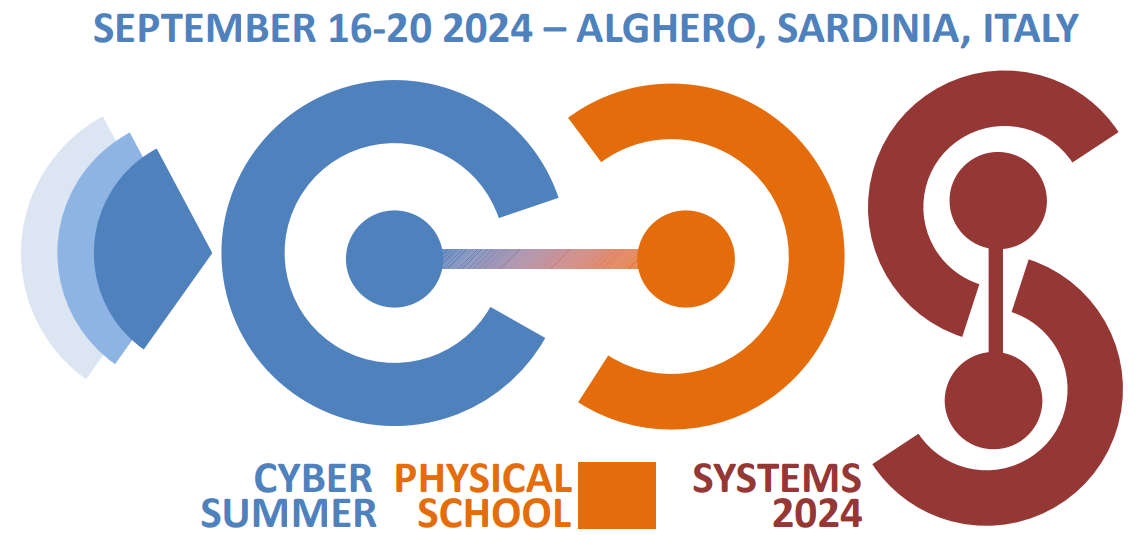Danilo Pau
Cyber-Physical Systems (CPSs) are gaining more and more pervasive in embedded system applications and are becoming a very innovative cognitive solution for the monitoring and control of smart environments (home, cars, cities etc.). Such systems are generally composed by a possibly large and heterogeneous set of small, power efficient yet computationally capable units endowed with sensing/actuating, processing and various communication abilities so as to be able to learn, adapt and interact proactively with the environment/system under sensing. Interestingly, in the recent years, the pervasive dissemination of such CPSs and the need to satisfy their increasing demands for autonomy, energy-awareness and reliability have led embedded designers and users to move towards smart solutions providing CPS units with self-adaptation, management and healing functionalities, e.g., to autonomously adapt the application behaviour of units in response to changes affecting the mounted sensors (e.g., faults, ageing effects) or the environment the CPS is deployed in (e.g., time-variant non stationary scenarios). This talk will present some new intelligent technological solutions and mechanisms under development jointly between STMicroelectronics and Politecnico di Milano, DEIB dept. and show how they represent the key ingredients needed to design the current and future generation of smart cyber-physical systems and derived applications based on STMicroelectronics heterogeneous sensors and micro controllers/microprocessors. In particular, aspects related to the study and design of smart cyber-physical systems, the investigation and design of adaptive and cognitive computational-intelligence techniques able to learn, adopting artificial neural networks and operate in nonstationary/evolving environments and the deployment of credible networked intelligent cyber-physical systems able to operate in smart environments will be introduced.
 
Reference Paper

